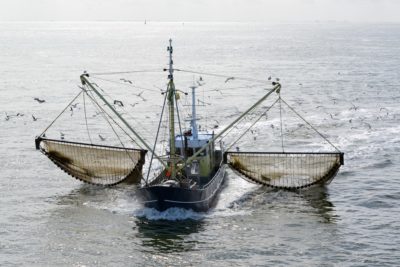
Environment
The Carbon Footprint of Fish
The article explores the carbon footprint of fish consumption and highlights the environmental impact of both wild-caught and farmed fish. Bottom trawling, a common fishing method, causes significant climate issues by disturbing the ocean floor and releasing stored carbon back into the atmosphere. Bycatch, which includes unintended species like whales and dolphins caught in fishing nets, also contributes to the climate problem as large sea creatures store carbon in their bodies.
Furthermore, fish farming, often seen as a more sustainable alternative, still poses environmental challenges. Farmed fish like salmon and trout are fed wild-caught fish, leading to a high carbon footprint. The pollution from fish farms, along with the destruction of habitats like mangrove forests, also plays a role in contributing to climate change. Ultimately, the article suggests that choosing plant-based alternatives to fish can have a significantly lower climate impact and protect the planet for future generations.
Furthermore, fish farming, often seen as a more sustainable alternative, still poses environmental challenges. Farmed fish like salmon and trout are fed wild-caught fish, leading to a high carbon footprint. The pollution from fish farms, along with the destruction of habitats like mangrove forests, also plays a role in contributing to climate change. Ultimately, the article suggests that choosing plant-based alternatives to fish can have a significantly lower climate impact and protect the planet for future generations.
*This summary was generated using AI.



